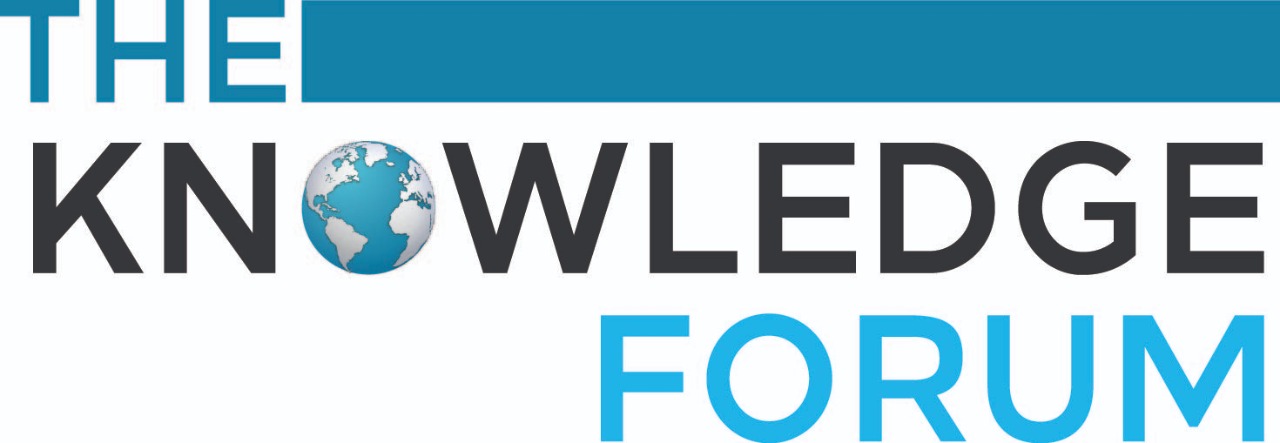Pakistan Bulletin
An up-to-date and informed analyses of key issues of Pakistan.
The Gendered Impact of Coal Mining in Thar: A Socio-Environmental Perspective
April 2024
The progress of coal mining projects in Thar showcases a contradictory story of economic development, as it has been hailed as a solution to Pakistan’s energy concerns, failing to account for significant social and environmental drawbacks, especially for women.
The pollution of water sources from coal mining activities and and power plant adds to the health risks faced by women in Thar desert.
Women in Thar have also been facing a myriad of challenges that curtail their mobility. With the proliferation of coal mining infrastructure, women find themselves constrained by new restrictions on movement, impeding their ability to engage in customary activities such as assisting in farming or overseeing livestock. Blocked roads and pathways limit their mobility, creating a dynamic of dependency upon male household members which have social implications of reinforcing patriarchal power dynamics within and outside of family. Traditional gatherings during fieldwork or water collection, which fostered social cohesion and support networks among women, have dwindled in the wake of coal mining expansion. Women, who were once integral participants in these communal activities, now find themselves confined to their homes, deprived of opportunities for social interaction and engagement. This isolation further compounds their marginalization, exacerbating existing gender disparities within the community.
Women in Thar have also been facing a myriad of challenges that curtail their mobility. With the proliferation of coal mining infrastructure, women find themselves constrained by new restrictions on movement, impeding their ability to engage in customary activities such as assisting in farming or overseeing livestock.
The influx of external mining companies and labourers into Thar disrupts the social fabric of indigenous communities, leading to heightened social conflict. Women, as primary caretakers and custodians of familial and communal well-being, bear the brunt of these disruptions, facing increased risks of patriarchal violence, displacement, and loss of social cohesion. The erosion of communal values and traditional practices further exacerbates the vulnerability of women in Thar, undermining their agency and autonomy within the societal framework.
Hidden vulnerabilities related to gender in Thar emerge as well within the intersecting spheres of socio-economic, cultural, and environmental contexts. While gender disparities are often overtly manifested through limited access to education, economic opportunities, and healthcare, deeper-rooted vulnerabilities lie beneath the surface, exacerbating inequalities and perpetuating systemic discrimination against women. While there is limited information on potential instances of violence against women that may have emerged as a result of the altered social structure of Thar in the backdrop of rapid expansion in coal exploitation. We can gauge that women have been impacted disproportionately by being vulnerable to various forms of complex oppressive structures.
In conclusion, the advancement of coal mining projects in Thar presents a paradoxical narrative of economic progress juxtaposed with profound socio-environmental costs, particularly for women in the region. From adverse health effects and economic disempowerment to environmental degradation and social disruption, the gendered impacts of coal mining underscore the urgent need for inclusive and gender-sensitive approaches to development. Policymakers, civil society organizations, and mining companies must recognize and address these gendered dynamics, prioritizing the well-being and empowerment of women in Thar. Only through concerted efforts to mitigate the adverse effects of coal mining and promote gender equity can sustainable development be realized in Thar.
Shanzeh Afzal
Author
Shanzeh Afzal is a researcher at The Knowledge Forum

Get the latest news and updates from our team
